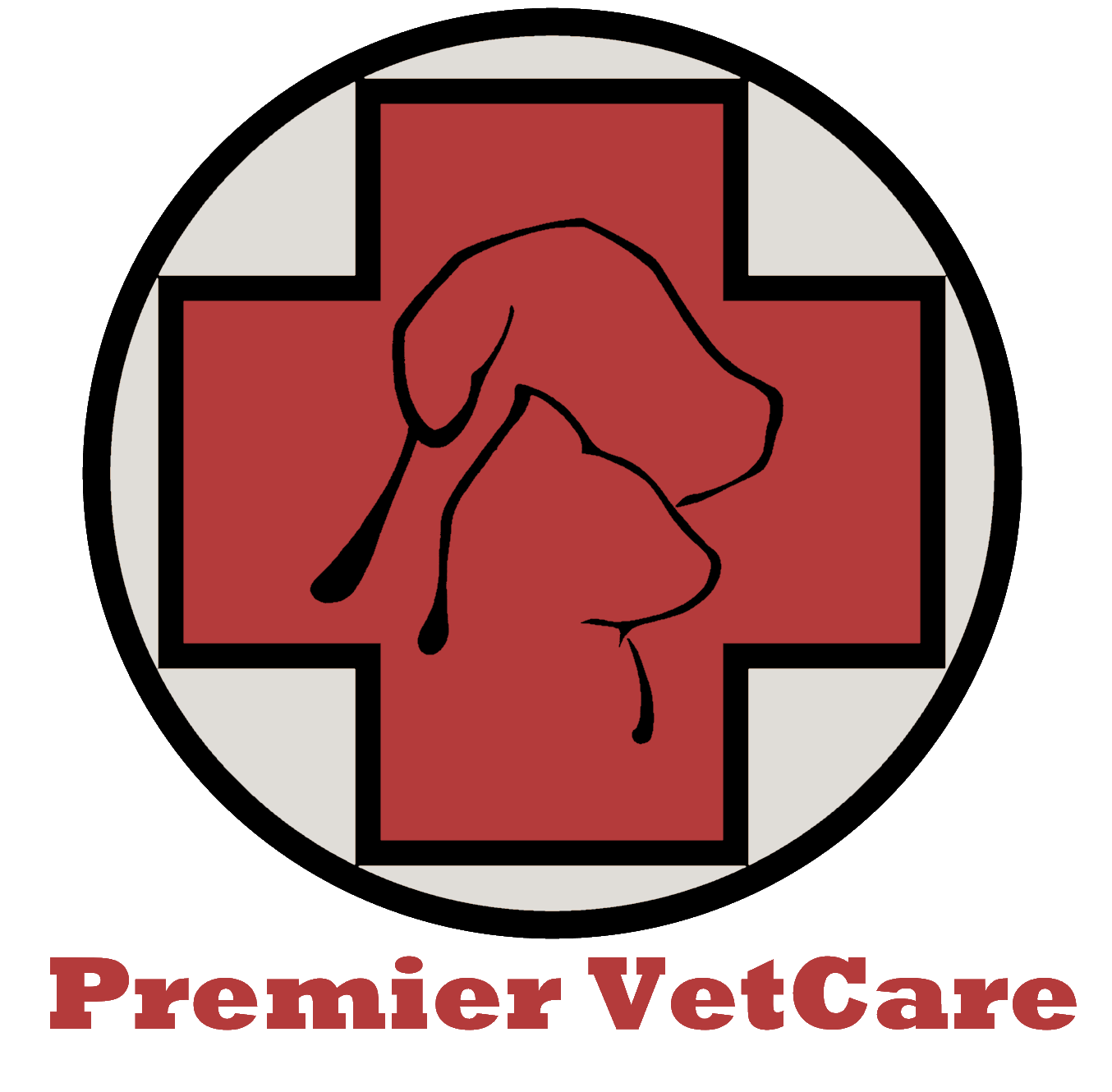If you have ever returned home from a vet visit and realized that you forgot to ask an important question, you are not alone. It's easy to become distracted during the appointment, particularly if your pet is frightened or anxious. Preparation is the key to ensuring that all of your questions and concerns are addressed during the visit.
Bring Medical Records
Bring any records you received if your pet visited another veterinarian or received treatment from an emergency clinic since your last appointment. These records provide important information about your pet's health and will help your vet prepare a treatment plan if there is an ongoing or chronic problem.
If this is your first visit with a new veterinarian, ask your previous vet to transfer your pet's records a few weeks before your appointment. Records offer details about your pet's medical history, previous illnesses, surgeries and illnesses, and provide other information that your new vet will find helpful.
Note Recent Changes
Your vet needs to hear about any changes in your pet's health or daily routine. Tell him or her if you have recently changed the brand of food your pet eats or if another veterinarian prescribed a new medication. Changes in your pet’s habits can be a sign of illness or injury. Make a list of any recent changes and bring it to your pet's appointment. The following types of changes should be discussed:
- Changes in bathroom habits. Does your pet urinate more or less frequently than normal or have trouble urinating? Have you noticed diarrhea or constipation?
- Water intake. Do you have to fill your pet's water bowl more often lately, or is your pet suddenly uninterested in drinking?
- Behavior. Have you noticed a difference in your pet's energy level or interest in playing?
- Physical signs. Note any symptoms that concern you. These might include lumps or bumps, frequent vomiting or difficulty walking or jumping.
- Appetite. Has your pet's appetite changed?
- Weight. Has your pet recently gained or lost weight?
Ask About Samples
Avoid a return trip to the office by asking if the vet wants you to bring a stool sample with you when you visit. If a sample is needed, find out how large the sample must be and how it should be collected and stored. In some cases, your vet may request a urine sample. If you have a dog, getting the sample may be as easy as placing a container under the urine stream when your pet urinates. Getting a sample from a cat can be a little more difficult. Your vet may suggest that you use a special type of cat litter. Because this litter isn't absorbent, you can simply pour the urine from the litter box into a container.
Bring a Carrier or Leash
Even the best-behaved dog or cat can become overwhelmed by the sights, sounds and smells at the vet's office. If your pet is frightened or feels threatened, it may try to escape or might become aggressive toward another animal. Maintain control by using a leash, crate or carrier.
If the only time you use a leash or carrier is when you visit the vet, your pet's stress level may rise the minute it spots these items. Walk your dog on a leash occasionally before your visit, even if he or she usually roams your property without one. Make your pet's crate or carrier a tempting place to rest by placing a soft cushion and toys inside.
